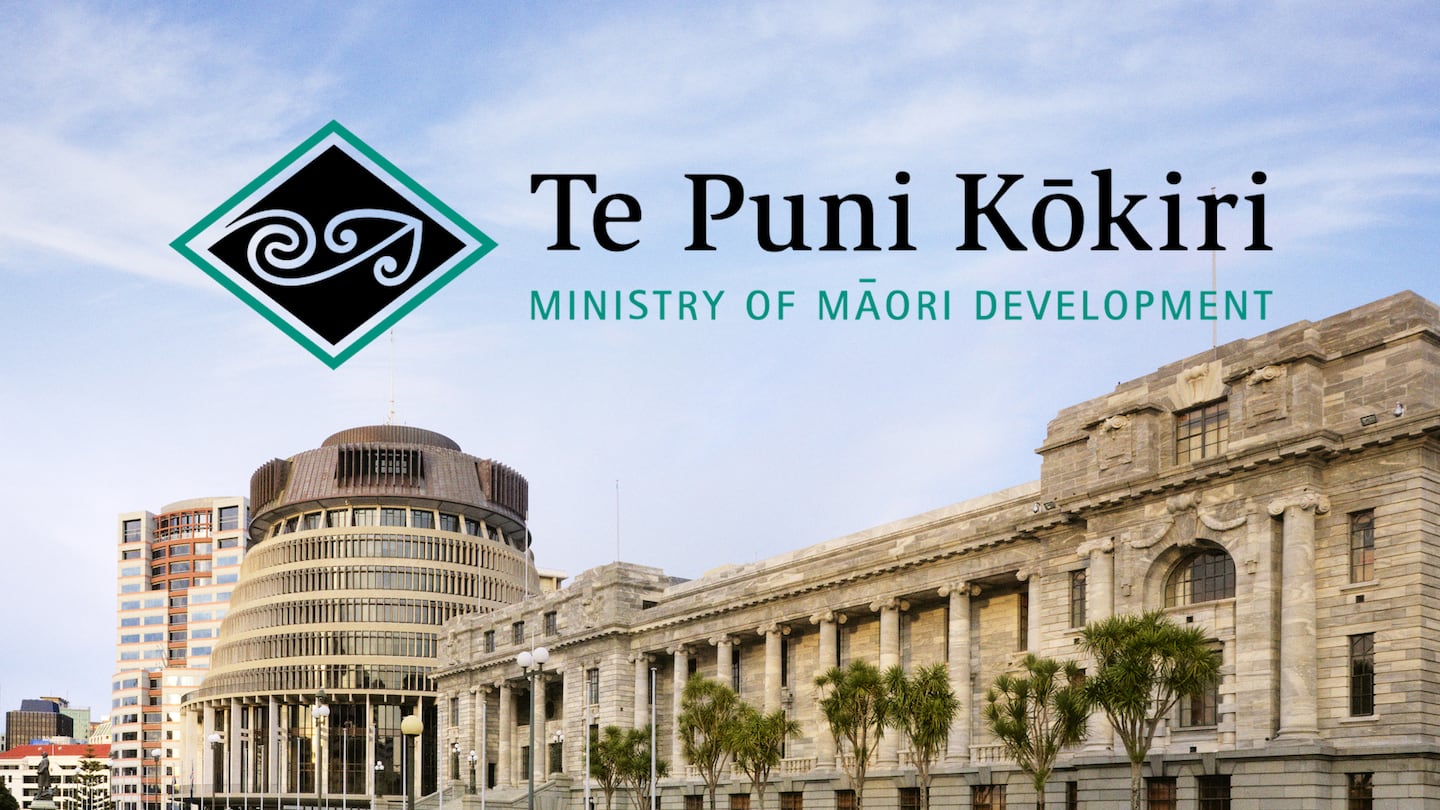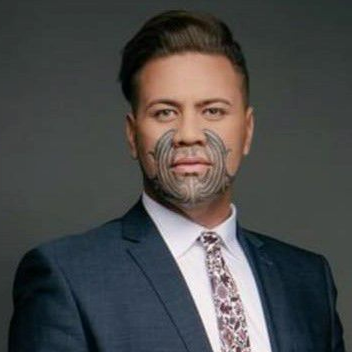A senior official within Te Puni Kōkiri (TPK) is concerned proposed job cuts could be right around the corner.
The official, who spoke to Te Ao Māori News on the condition of anonymity, says a consultation document is due to be released sometime next week, outlining job cuts at the government’s principal advisor for Māori wellbeing and development.
In a statement this afternoon, the Minister responsible for Te Puni Kōkiri, Tama Potaka, said final decisions were yet to be made.
“These decisions are the responsibility of the chief executive of Te Puni Kōkiri. I’m advised decisions are still to be finalised and subject to staff consultation.”
What is Te Puni Kōkiri?
In 1992, Te Puni Kōkiri was set up as the Ministry of Māori Development, replacing the Ministry of Maori Affairs (Manatū Māori) and the Iwi Transition Agency (Te Tira Ahu Iwi), which themselves replaced the Department of Māori Affairs.
Its statutory responsibilities are to promote Māori achievement in health, training and employment, education and economic development; and to monitor the adequacy of the state sector’s services to Māori.
Te Puni Kōkiri has existed in various forms since the signing of te Tiriti o Waitangi/the Treaty of Waitangi in 1840, operating as The Protectorate Department (1840-1846), Native Department (1861-1893), yet again as the Native Department (1906-1947), and finally the Department of Māori Affairs (1947-1989).
Early childhood could feel brunt of education cuts
The TPK official’s concerns follow a Waatea News report earlier today that Te Rito Maioha Early Childhood New Zealand is expecting job cuts at the Education Ministry to have a big impact on Māori.
Some 565 jobs are expected to go in the government’s hunt for cash to fund its tax cuts, including 100 regional and frontline roles.
Nikki Parsons, the organisation’s general manager of learner and workforce engagement, told Waatea News it made no sense to cut people who played a critical role in supporting tamariki, especially those with disability or behaviour issues.
“They’ve signalled increased focus on education but cutting human resources just goes against everything they have been promising us and it’s critical we have those frontline reporters to support our services and our schools,” she says.
Ms Parsons told Waatea many staff will take their skills to higher-paid jobs in Australia, putting even more stress and pressure on those who remain.
Public sector cuts thus far
More than 3000 job cuts have been announced in the public sector so far.
Additional reporting by Gideon Porter of Waatea News.



